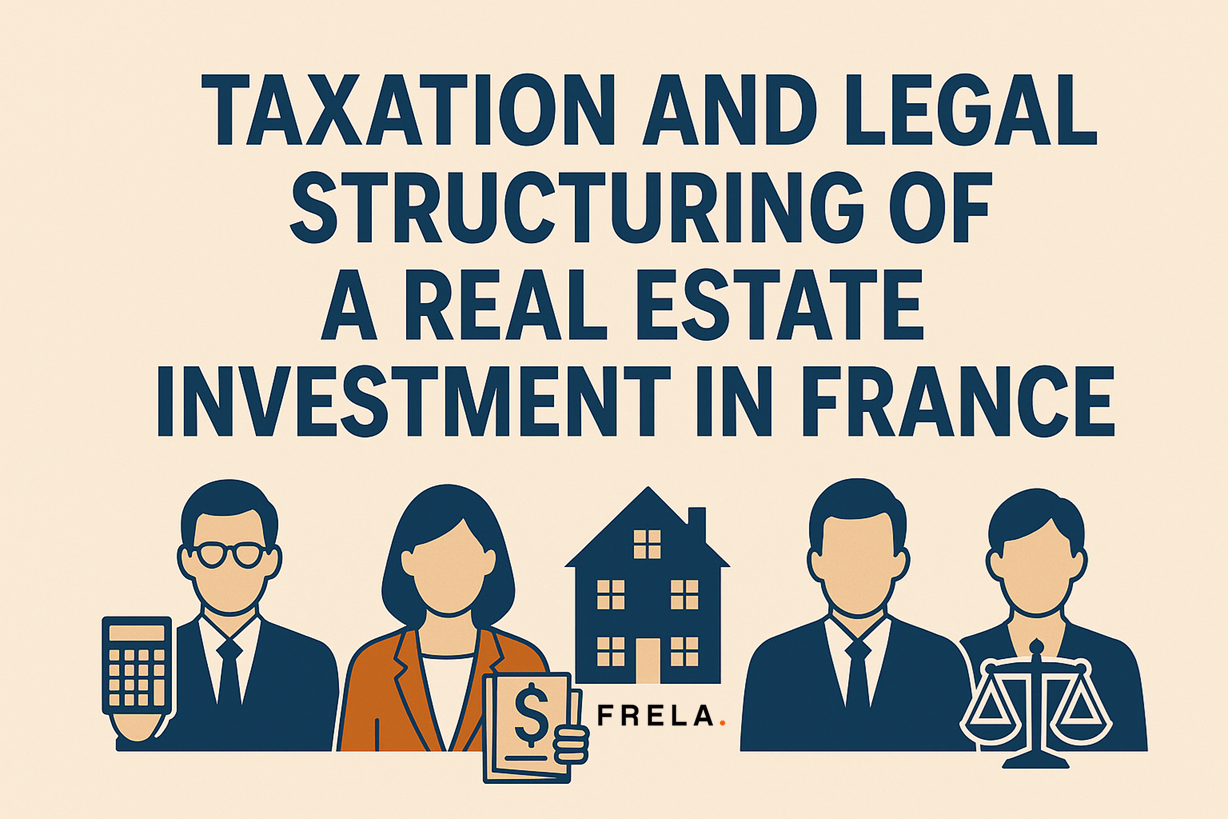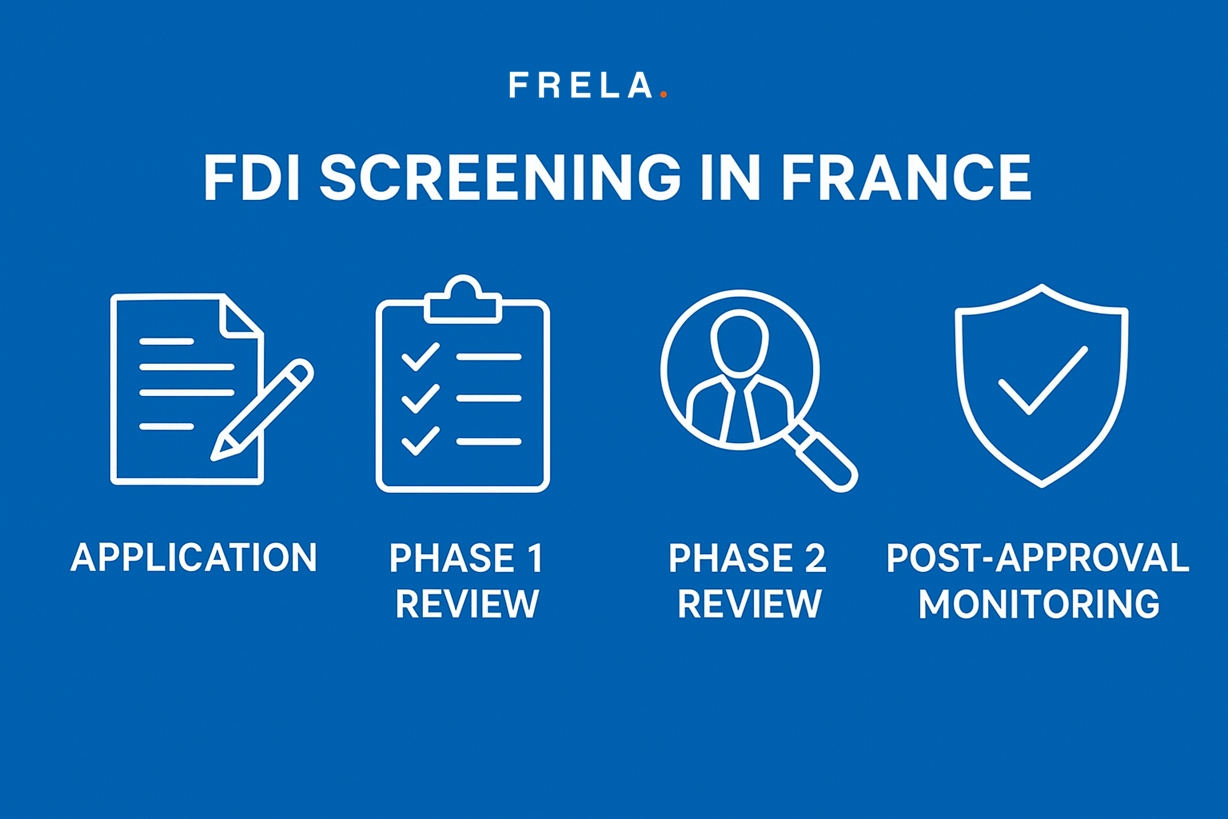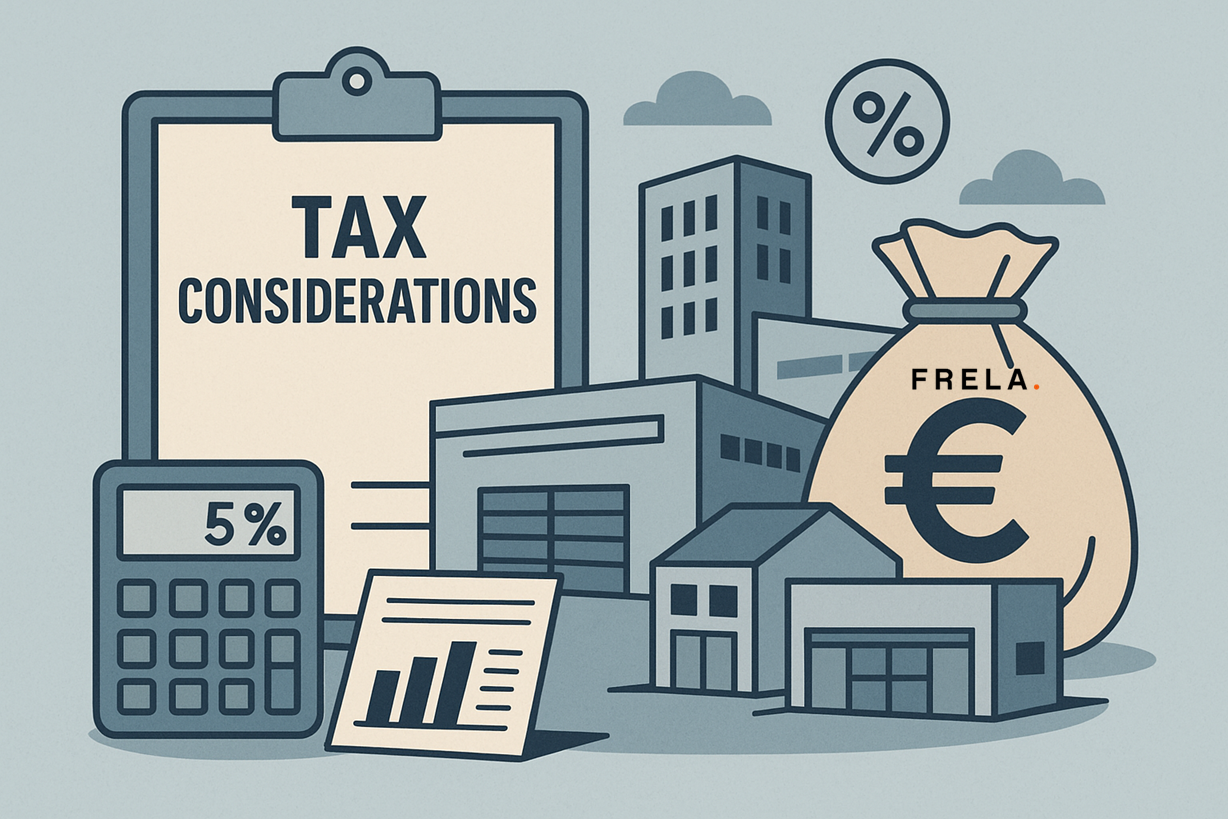French Lawyer: Navigating Tax and Legislation in France
France, known for its robust legal framework and intricate tax system, presents unique challenges and opportunities for individuals and businesses. Navigating these complexities requires a deep understanding of French law, particularly its legislative and tax landscape. French lawyers specializing in tax and legislation play a crucial role in guiding clients through this environment, ensuring compliance, optimizing financial outcomes, and mitigating risks.


The French legal system is codified, with tax law being governed primarily by the Code Général des Impôts (CGI). This comprehensive framework outlines the rules for personal and corporate taxation, value-added tax (VAT), property taxes, and various other levies. The intricacy of these laws often requires the expertise of legal professionals who can interpret and apply them to specific situations. For individuals, French tax law governs income tax, capital gains tax, inheritance tax, and wealth tax. For businesses, it encompasses corporate tax, VAT, payroll taxes, and sector-specific levies.
One of the critical roles of a French lawyer specializing in tax is ensuring compliance with the law. For individuals, this means accurately reporting income, calculating tax liabilities, and meeting filing deadlines. France’s progressive income tax system applies varying rates based on income levels, and deductions or credits may apply depending on circumstances such as family size or investments in certain sectors. Lawyers help clients understand their obligations and identify opportunities to reduce their tax burden within the bounds of the law.
For businesses, tax compliance is a multifaceted challenge. Companies must navigate corporate income tax, VAT reporting, and social security contributions, among other obligations. French lawyers provide support in preparing and filing returns, ensuring that all required documentation is accurate and complete. They also represent clients during tax audits or disputes, advocating on their behalf before the tax authorities. By proactively addressing compliance, lawyers help businesses avoid penalties and maintain their reputation.
Tax planning is another essential service offered by French lawyers. For individuals, this might involve structuring income or investments to minimize tax liabilities. High-net-worth individuals, for instance, often seek advice on inheritance tax and wealth tax, particularly in cross-border contexts where international treaties may apply. Lawyers design strategies that align with clients’ financial goals while respecting French law, such as utilizing tax-efficient investment vehicles or making use of exemptions and allowances.
For businesses, tax planning is integral to optimizing operations and profitability. Lawyers advise on structuring transactions, such as mergers and acquisitions, to minimize tax exposure. In international transactions, they ensure compliance with double taxation treaties and address issues such as transfer pricing and withholding taxes. For startups or innovative companies, French lawyers may assist in accessing tax incentives, such as the Crédit d’Impôt. Recherche (CIR) for research and development activities. These incentives not only reduce tax liabilities but also support business growth and innovation.
One of the most complex areas of French tax law is inheritance and estate planning. France’s inheritance laws are governed by the Code Civil, which includes strict forced heirship rules. These rules dictate that a portion of an individual’s estate must be reserved for certain heirs, such as children, leaving limited flexibility for discretionary bequests. French lawyers specializing in estate planning help clients navigate these constraints, structuring wills and trusts to preserve family wealth and honor personal wishes. They also address the tax implications of inheritances, ensuring that heirs benefit from available allowances and exemptions.
Real estate transactions are another area where French lawyers play a pivotal role in tax and legislative matters. Whether buying, selling, or leasing property, individuals and businesses must consider the tax implications of these transactions. Buyers, for instance, are subject to transfer taxes and notary fees, while sellers may face capital gains tax on the sale of a property. For landlords, rental income is taxable and may include VAT in certain cases. Lawyers provide tailored advice to manage these obligations and optimize the financial outcomes of real estate transactions.
Cross-border tax issues are increasingly common in today’s globalized economy, and French lawyers are well-equipped to address them. For individuals, this might involve determining tax residency status or managing the taxation of overseas income and assets. For businesses, it includes navigating international tax treaties, addressing VAT on cross-border sales, and managing the implications of establishing operations in multiple jurisdictions. French lawyers act as intermediaries, ensuring compliance with French law while coordinating with foreign counsel to address international legal and tax considerations.
Litigation and dispute resolution are key aspects of a French lawyer’s role in tax matters. Tax disputes can arise from audits, differing interpretations of the law, or disagreements over tax assessments. Lawyers represent clients in negotiations with tax authorities, mediation, or court proceedings, using their expertise to achieve favorable outcomes. Their understanding of procedural rules and evidentiary requirements is critical in building a strong case and protecting clients’ interests.
The legislative landscape in France is dynamic, with frequent changes to tax laws and regulations. French lawyers play a proactive role in keeping clients informed about these changes and adapting their strategies accordingly. For instance, recent reforms to wealth tax or new rules for digital services taxation may significantly impact individuals and businesses. Lawyers provide timely advice to ensure that clients remain compliant and take advantage of new opportunities.
In addition to their technical expertise, French lawyers offer strategic insights that go beyond mere compliance. They help clients understand the broader implications of legislative changes and design long-term strategies that align with their goals. For businesses, this might involve restructuring operations to optimize tax efficiency or exploring government incentives for sustainability initiatives. For individuals, it might mean planning for retirement, protecting assets, or ensuring a smooth generational transfer of wealth.
About the Author :
Business lawyers, bilingual, specialized in acquisition law; Benoit Lafourcade is co-founder of Delcade lawyers & solicitors and founder of FRELA; registered as agents in personal and professional real estate transactions. Member of AAMTI (main association of French lawyers and agents).
FRELA : French Real Estate Lawyer Agency, specializing in acquisition law to secure real estate and business transactions in France.
Paris, 15 rue Saussier-Leroy, Paris
Bordeaux, 24 Rue du manège, 33000 Bordeaux
Lille, 40 Theater Square, 59800 Lille





